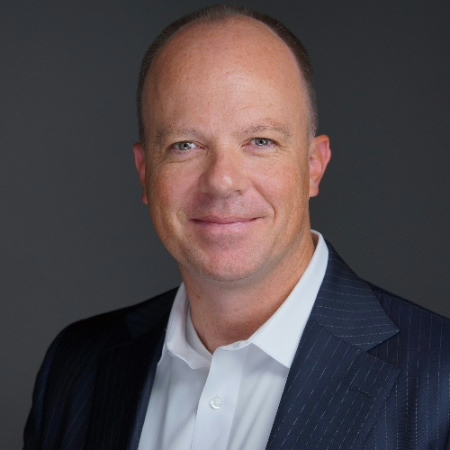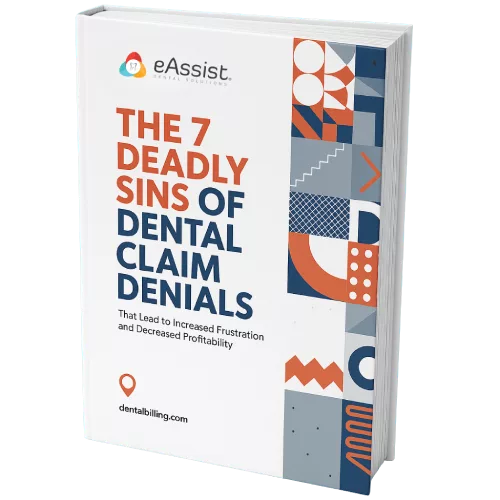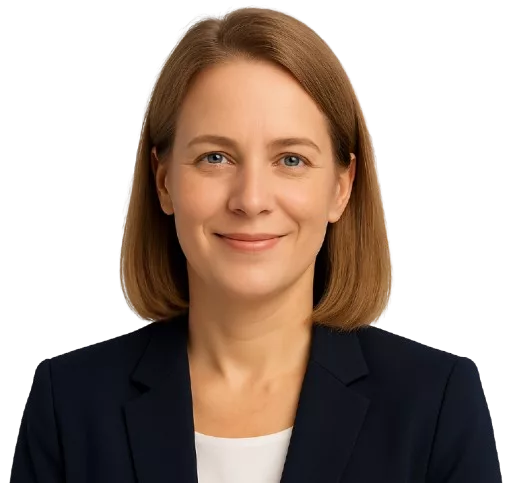

CEO & Co-Founder, eAssist
Dr. James Anderson is a practicing dentist and the CEO and Co-Founder of eAssist Dental Solutions, the nation’s leading platform for dental billing. A serial entrepreneur, Dr. Anderson has built multiple successful ventures, including eAssist and nine dental practices in Utah, all driven by his mission to help dentists, their teams, and their patients achieve peace of mind. He co-founded eAssist in 2011 to give dental practice owners the ability to fully outsource their billing departments—a vision that now serves over 2,400 practices nationwide. Under his leadership, the company has formed strategic partnerships with the California Dental Association and Henry Schein, and earned a spot on the Inc. 5000 list for nine consecutive years. In 2020, Dr. Anderson was recognized as Entrepreneur of the Year by Business View Magazine and ranked among the top entrepreneurs in the country by Entrepreneur Magazine. He holds a B.S. in Finance from Brigham Young University, a D.M.D. from Oregon Health & Science University, and completed the three-year O.P.M. program at Harvard Business School. He also serves as Chairman of the Dental MBA Advisory Board at Roseman Dental School.
Billing Dental Insurance for the Locum Tenens Dentist
No practicing dentist likes to think there will be a day when they can’t make it into the office because of an injury, illness, or family crisis. Most of us don’t plan for anything contrary to happen, and we go on day after day without a second thought. If you employ an associate who can take over your worries are much less. However, if you don’t, you will need to hire a locum tenens dentist(s) for the interim until you return to your feet or the crisis has passed. Non-ADA members may also purchase a downloadable PDF Guidelines for Development of Mutual Aid Agreements in Dentistry in the ADA Catalog.
The definition of Locum Tenens, simply translated from Latin, means “to hold a place.” Locum Tenens dentists substitute for other dentists temporarily for hours, days, or even a year.
Finding a dentist available for a Locum Tenens position can catch you in a vulnerable position unless you plan for this unexpected event. A locum tenens dentist must be licensed by the applicable state and have a current DEA license. If in-network with insurance plans, you must communicate with all third-party payers immediately. Insurance companies need to know about any changes in treating dentists.
How to bill insurance companies as locum tenens
Locum Tenens is not a contracted provider with the insurance company. The name and NPI 1 number of the doctor who performed the treatment must be reported on the claim form. Most dental payers consider it a violation for a locum tenens doctor not to declare himself/herself the treatment provider. However, some dental payees will grant temporary in-network status to locum tenens doctors. Obtain this information before treatment, and other payers will request a narrative be included under remarks that “procedures on this date were provided by Dr. Jack Jones, NPI 1 #, locum tenens.”
The treating doctor always has a Type 1 NPI number. On the 2019 ADA claim form, the reporting of both the treating dentist and the billing dentist is recorded in sections #48-58. The 2024 ADA Claim form now includes box 53a which contains the question “Locum Tenens Treating Dentist?” and a checkbox.
If the treatment provider (Locum Tenens) is out of network, the benefit check may go to the patient; this must be discovered by contacting the payer before the treatment is rendered. The ADA claim form allows one field for the billing entity and a separate one for the treating dentist enabling payments sent to the practice of the owner dentist/entity. The treating dentist (Locum Tenens) signs box #53 of the claim form, signifying that he/she has performed the services under their license.
The Locum Tenens doctor Type 1 NPI reports any services he/she performs or supervises (as with the dental hygienist). It is considered fraudulent to report the owner as the treating dentist when it isn’t true. The same goes for a new associate not yet credentialed by a PPO or Medicaid payer.
The in or out-of-network status of the treating doctor usually determines reimbursement from insurance payers. If the owner/billing entity is in the network, but the treating Locum Tenens is out of network, the claim will be paid as out of network. It is essential to find out from the payor how the situation is reimbursed so that you can make the proper financial arrangement with patients treated by the locum tenens dentists. Patients do not like surprises and they need to know what to expect.
It is far better to be proactive and plan for unexpected events than to be vulnerable and at risk of the unforeseen. By partnering with eAssist you can ensure your Locum Tenens provider claims are billed correctly. Schedule a free consultation here.
Spotlight

The 7 Deadly Sins of Dental Claims Denials
Learn how to avoid the most common claim mistakes and get paid faster.
Download eBook

Dental Insurance Billing Done for You
Discover how eAssist helps practices simplify billing and boost collections.
See How It Works

Talk to a Dental Billing Specialist
Not sure where to start with medical billing? Let’s talk.
Book a Consultation


